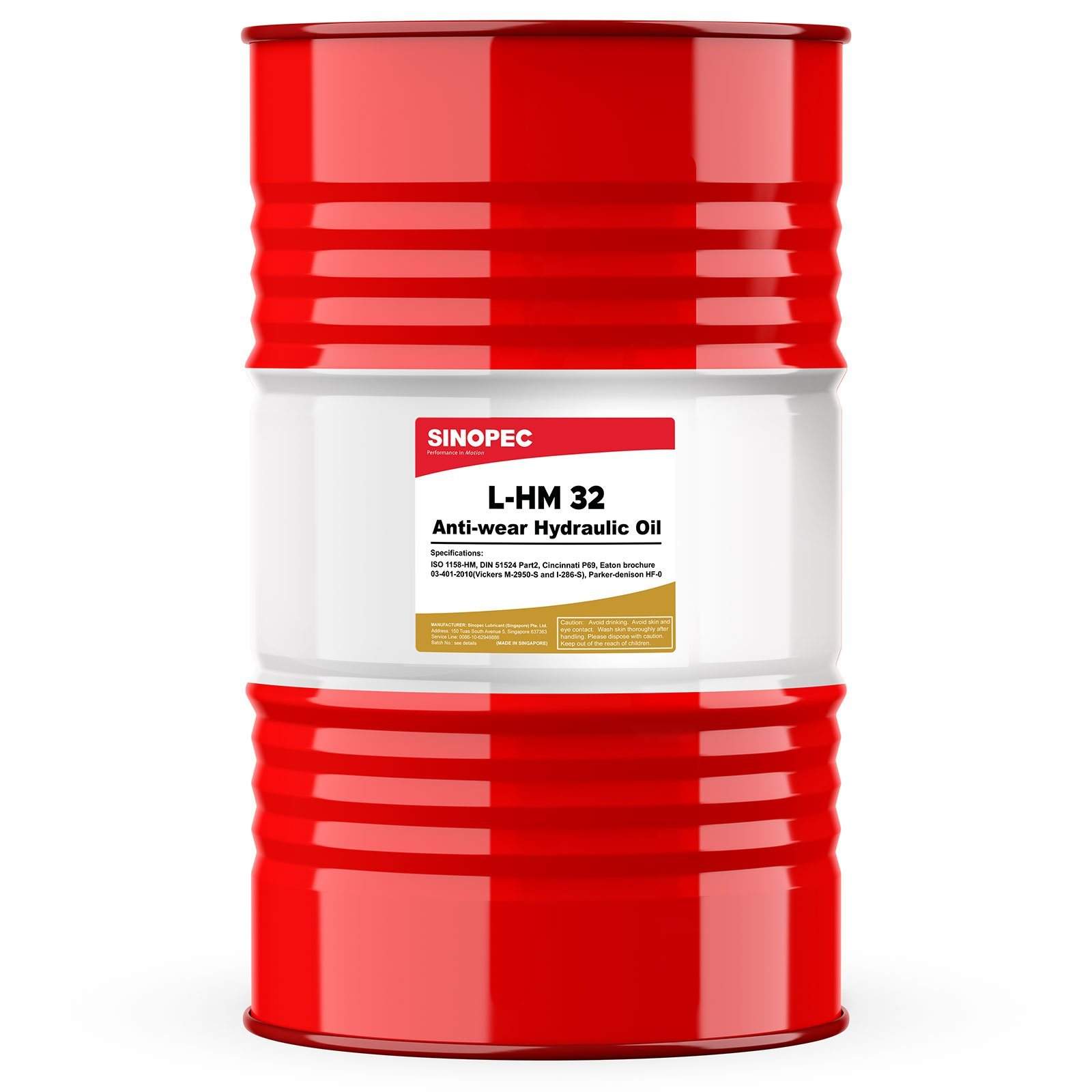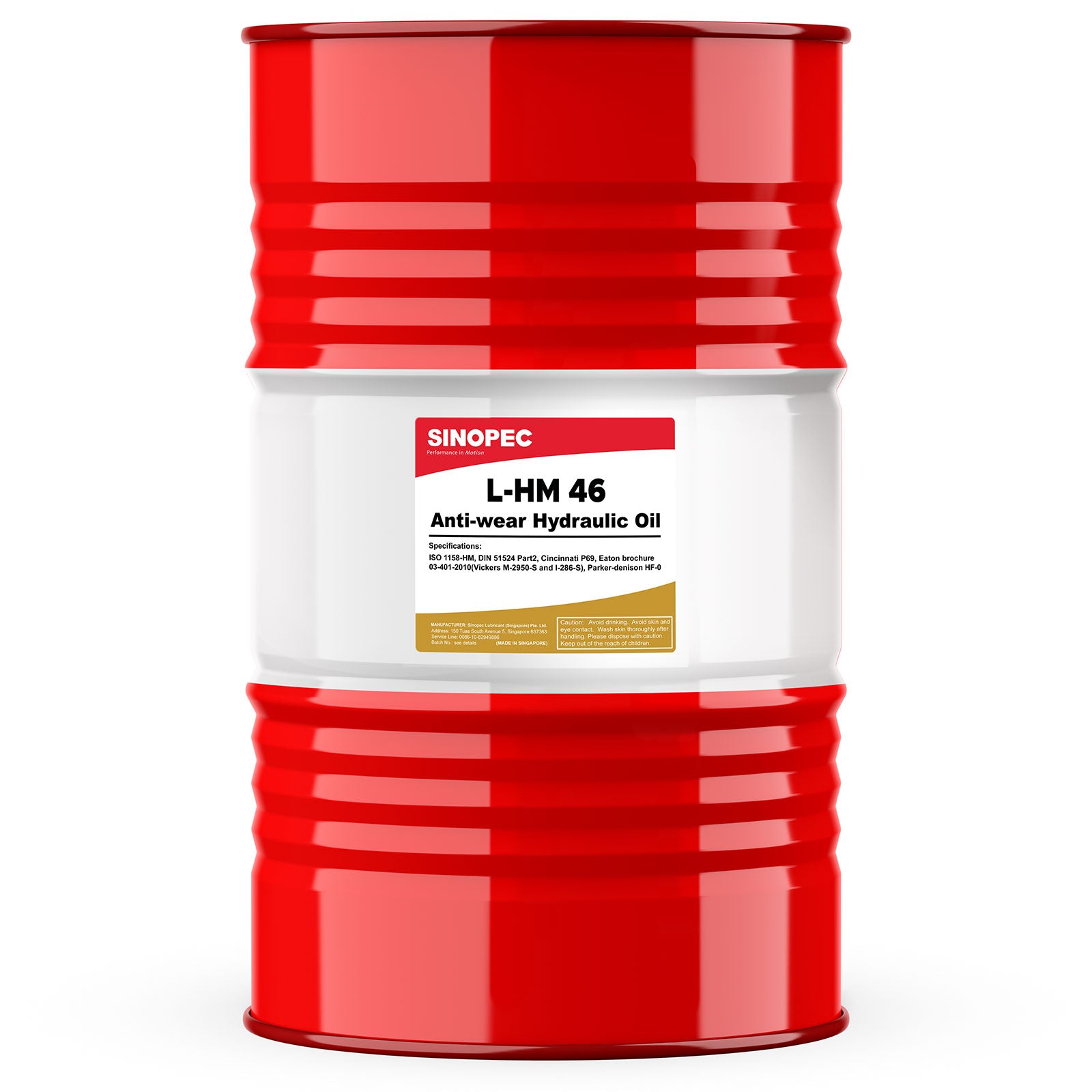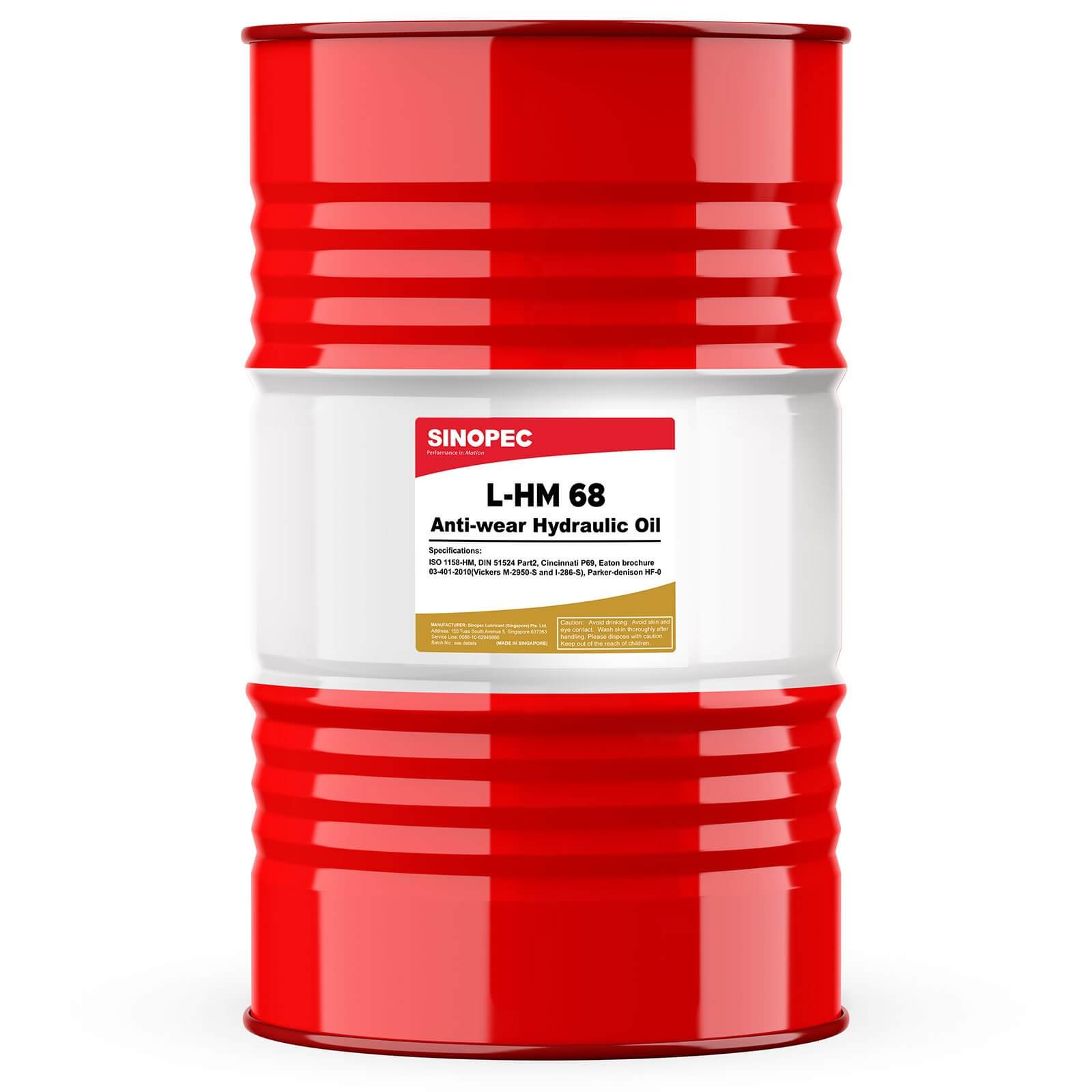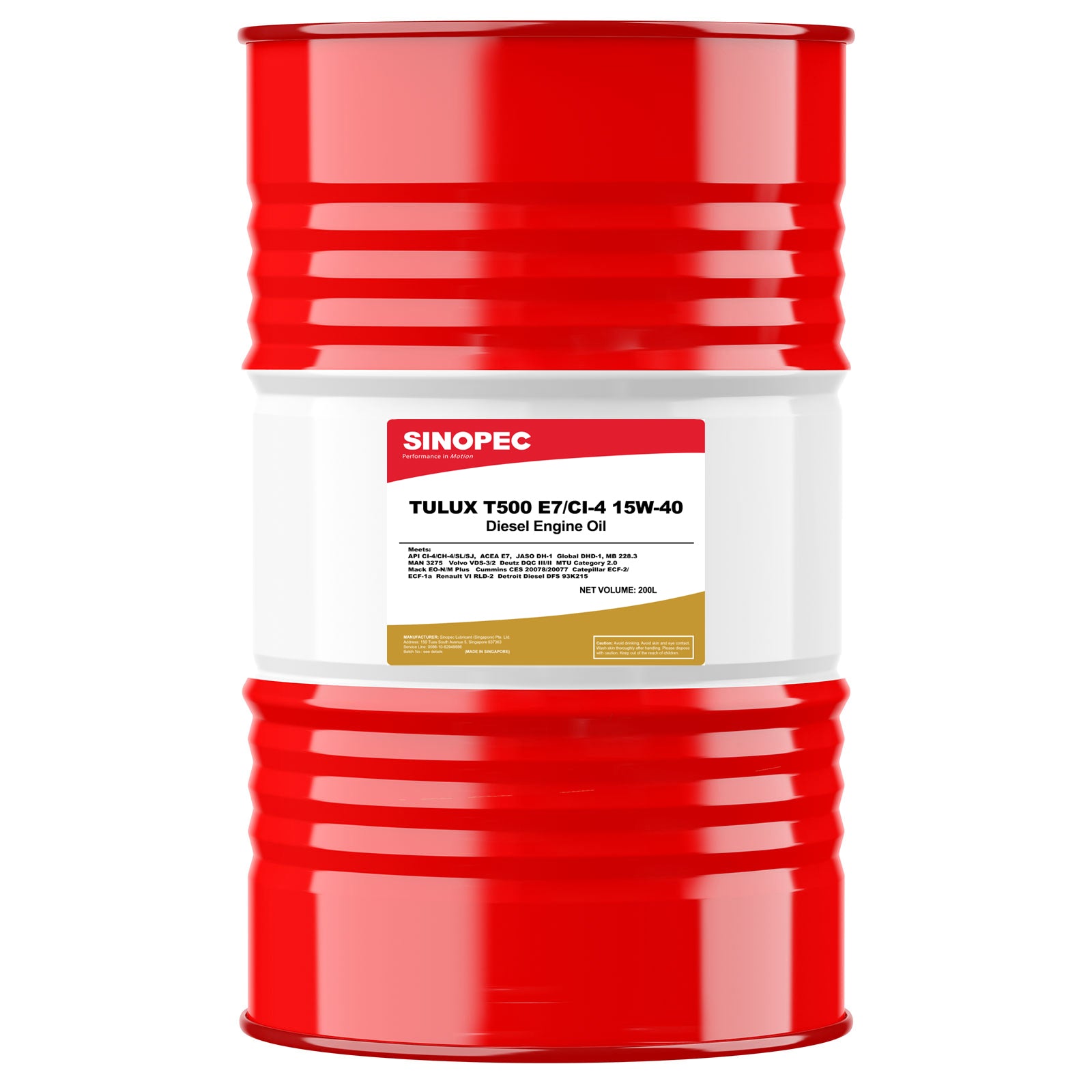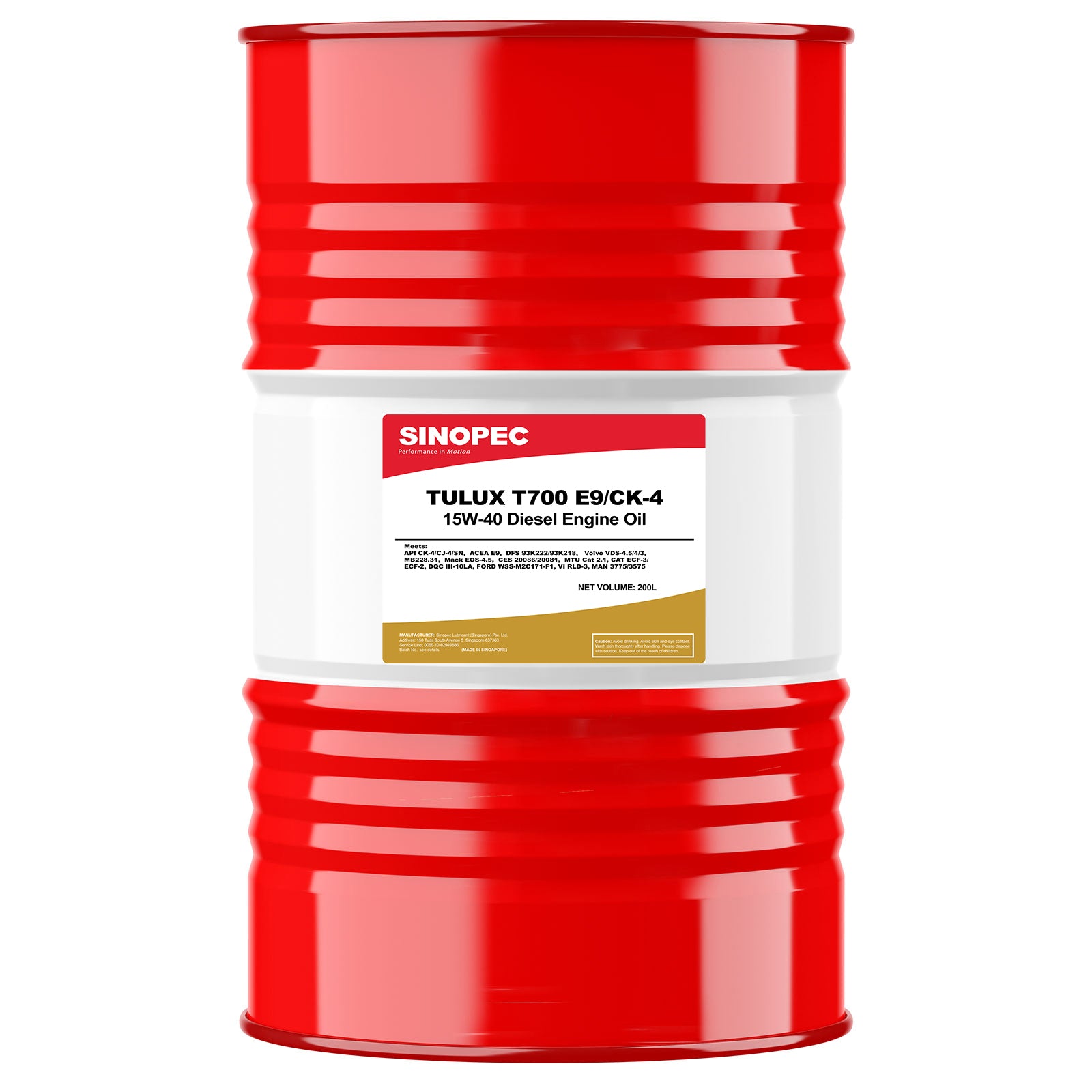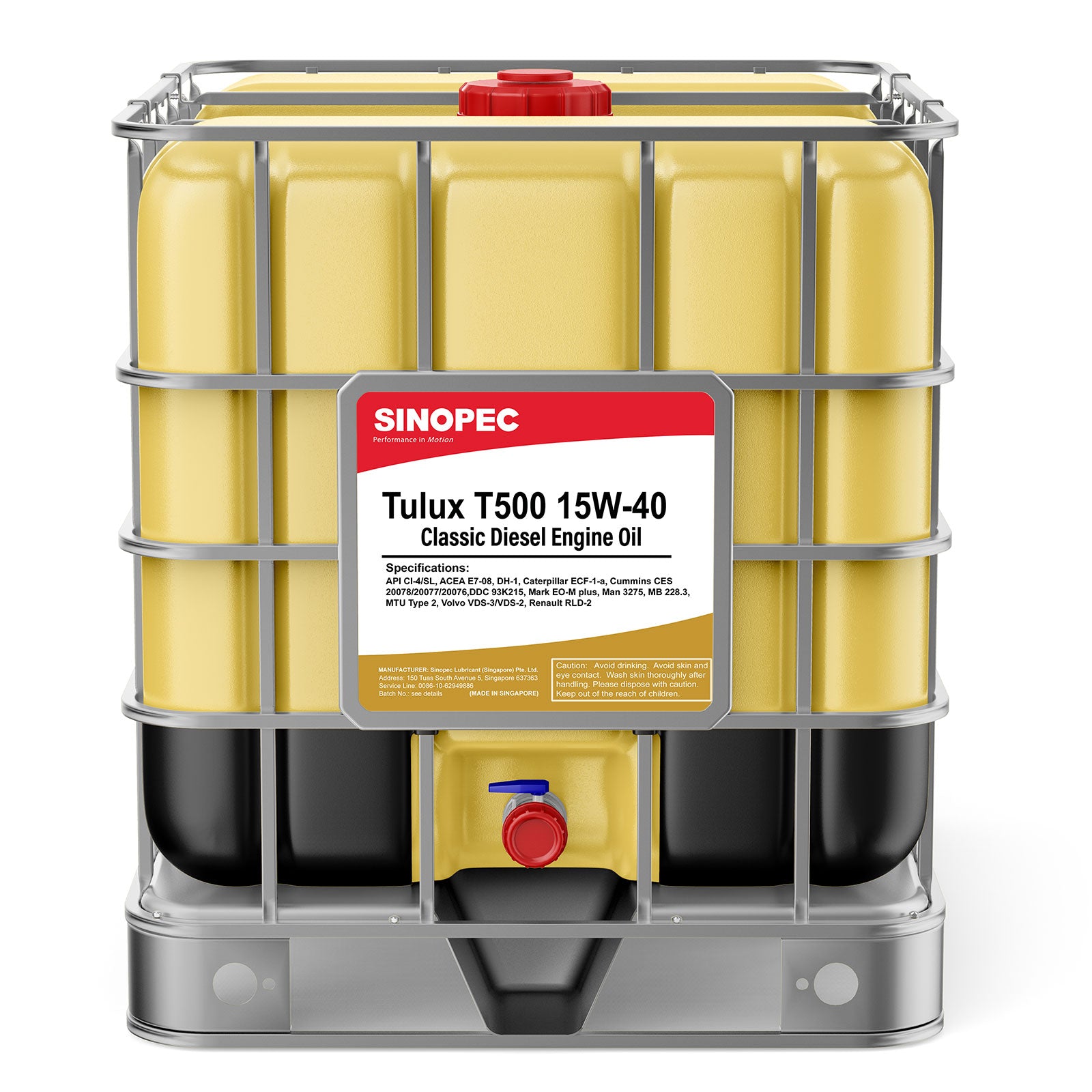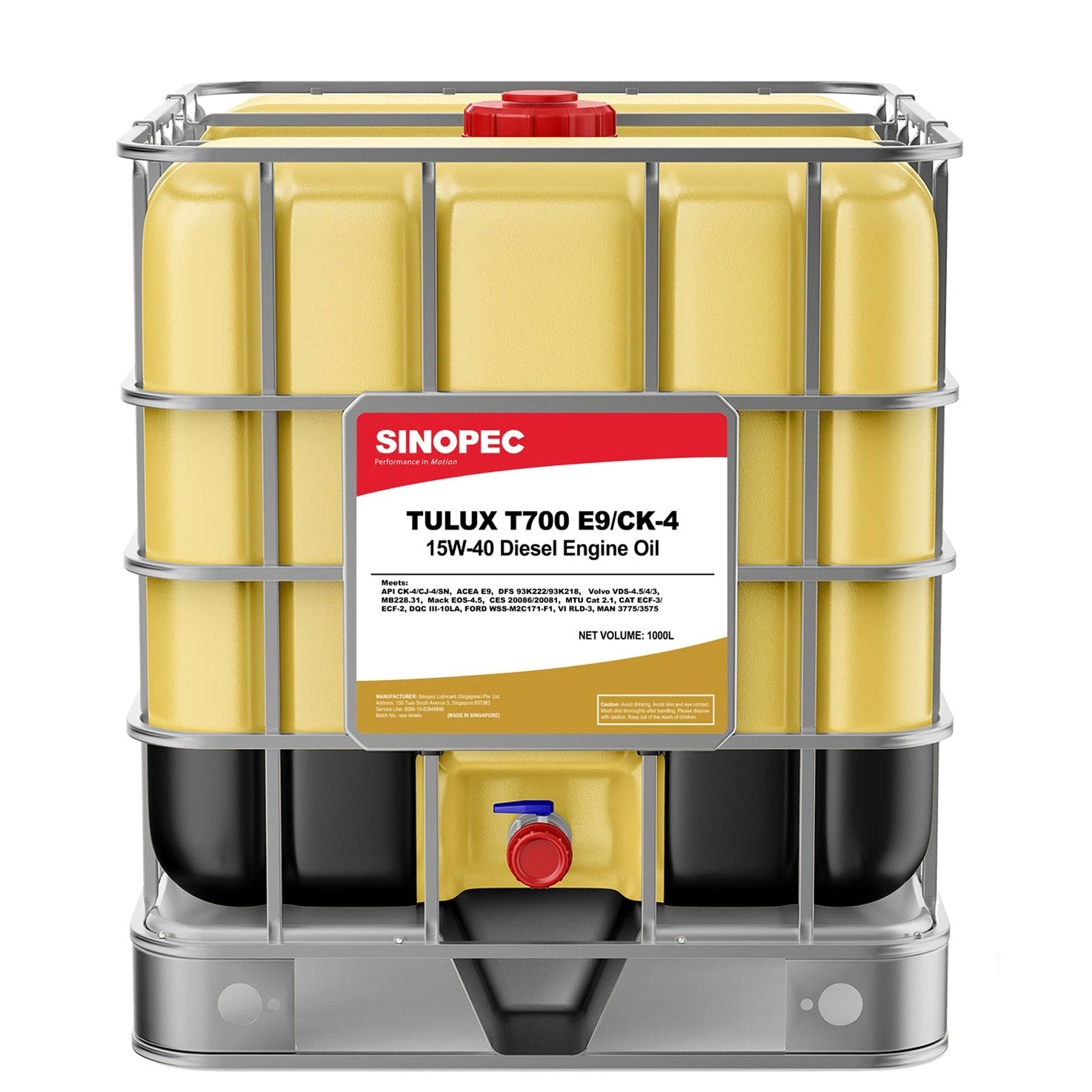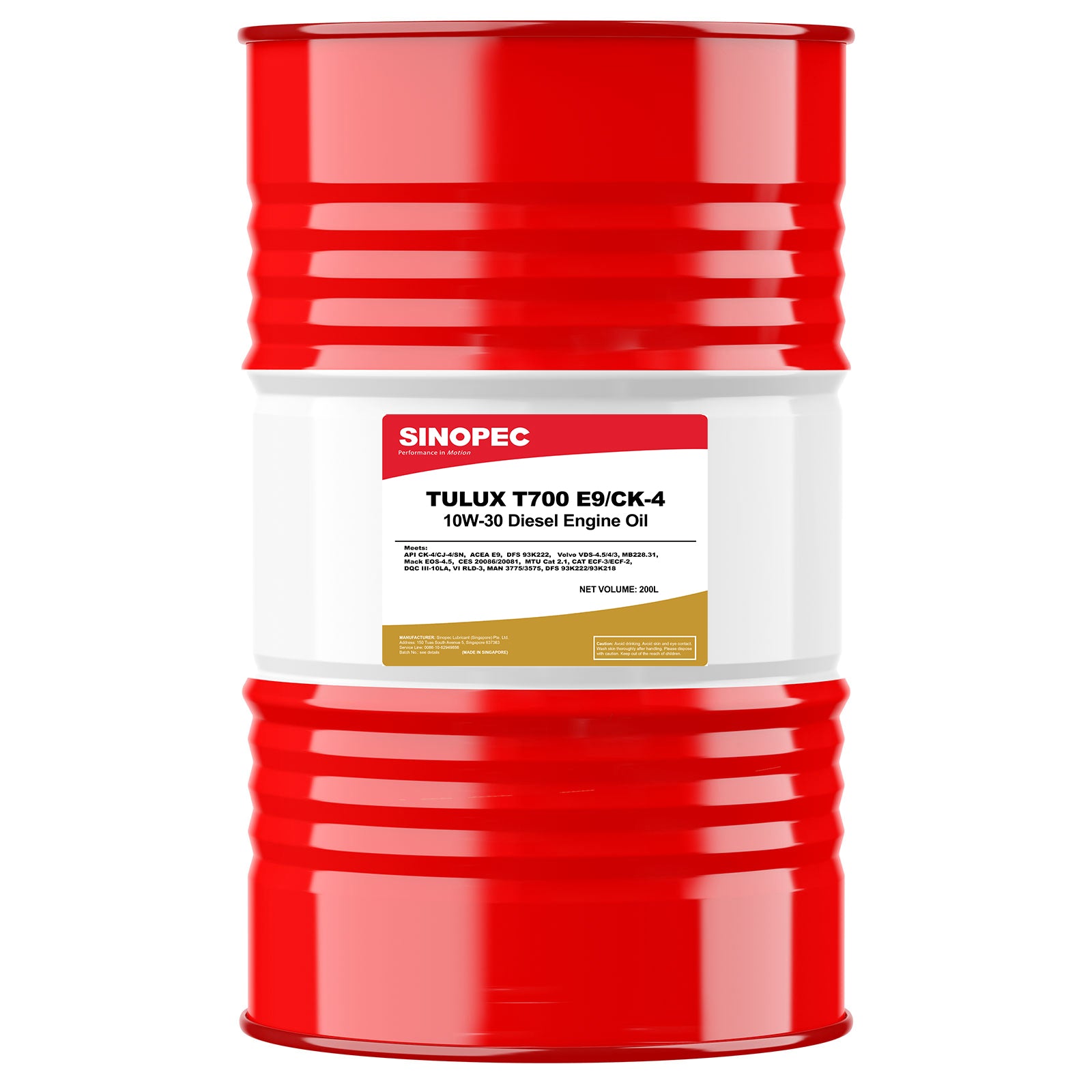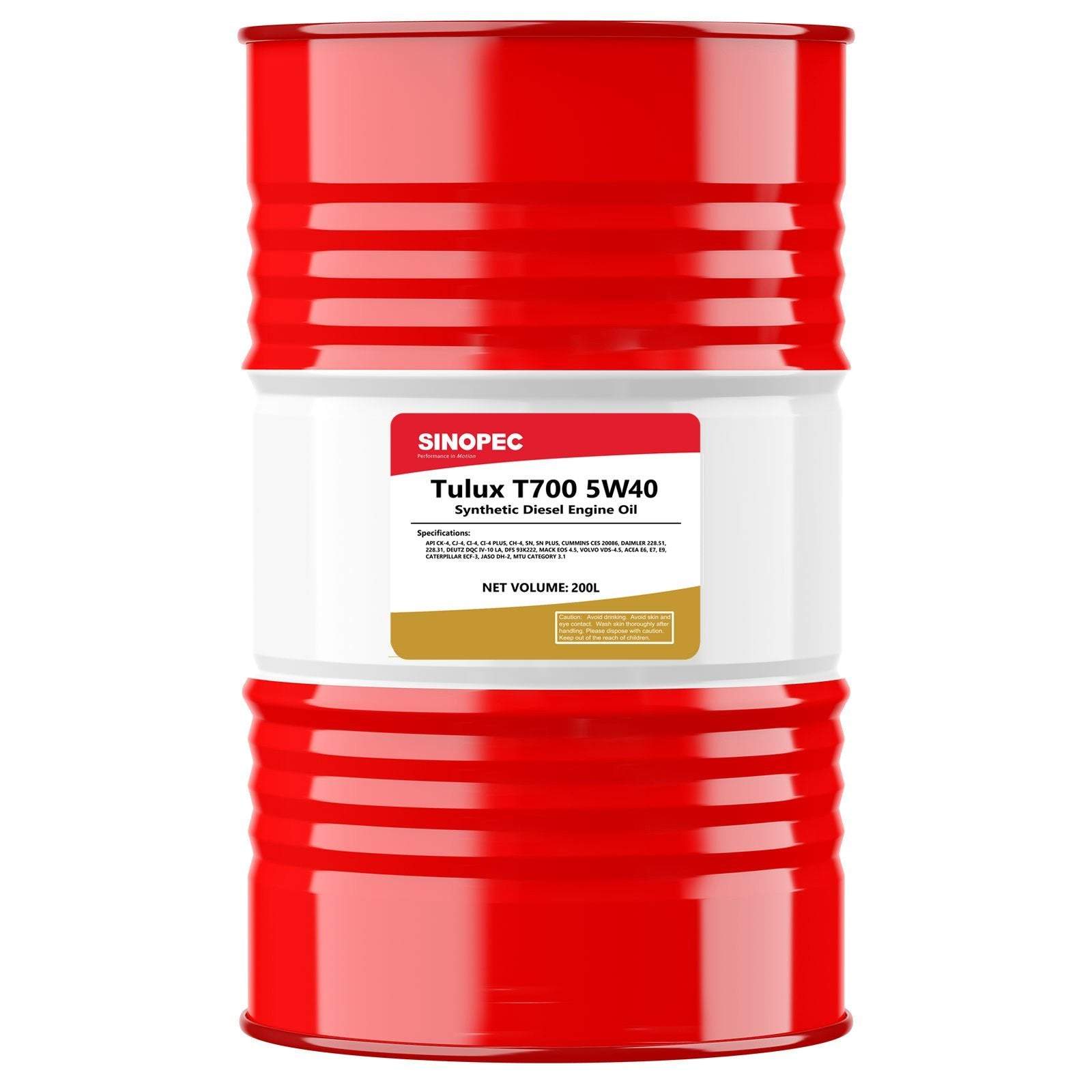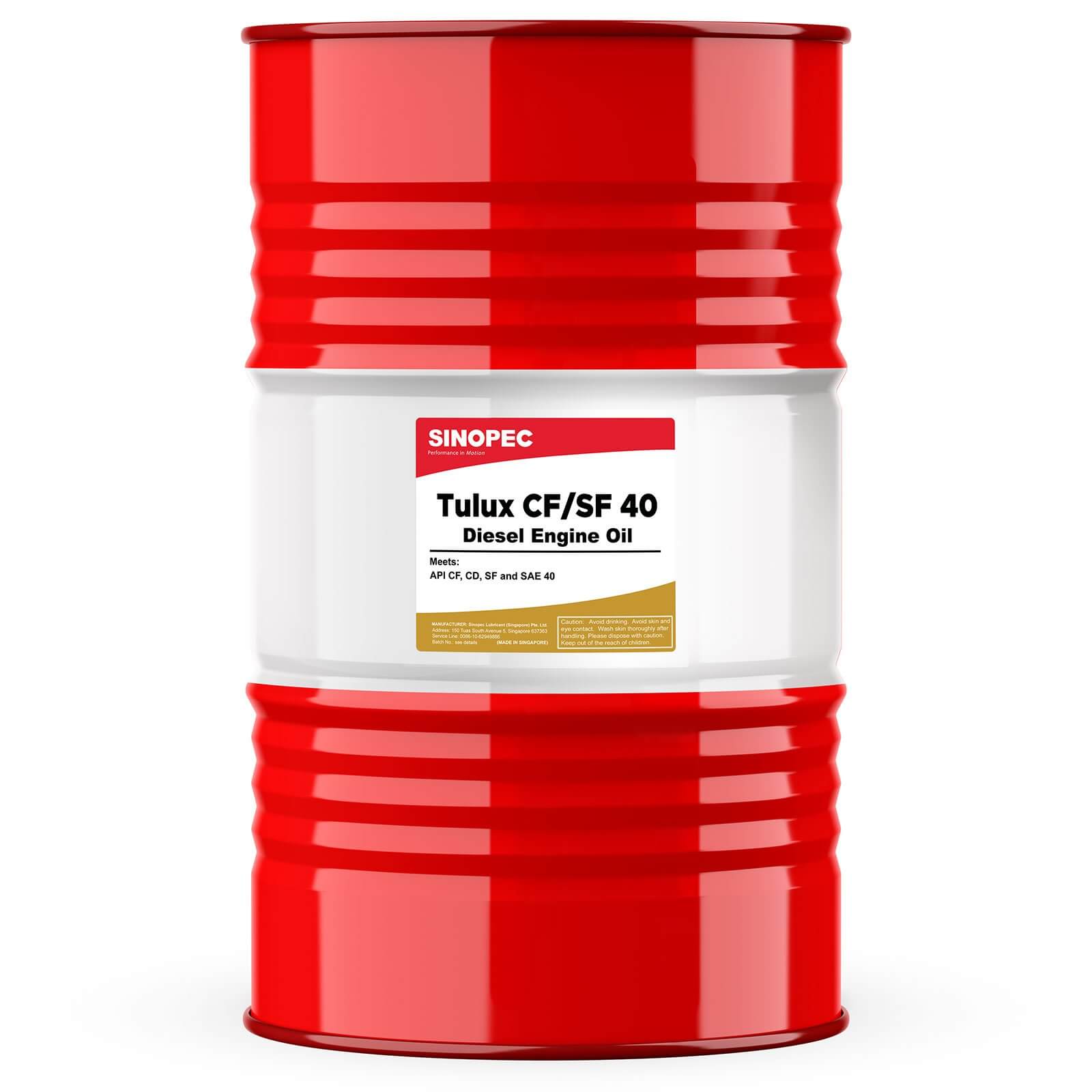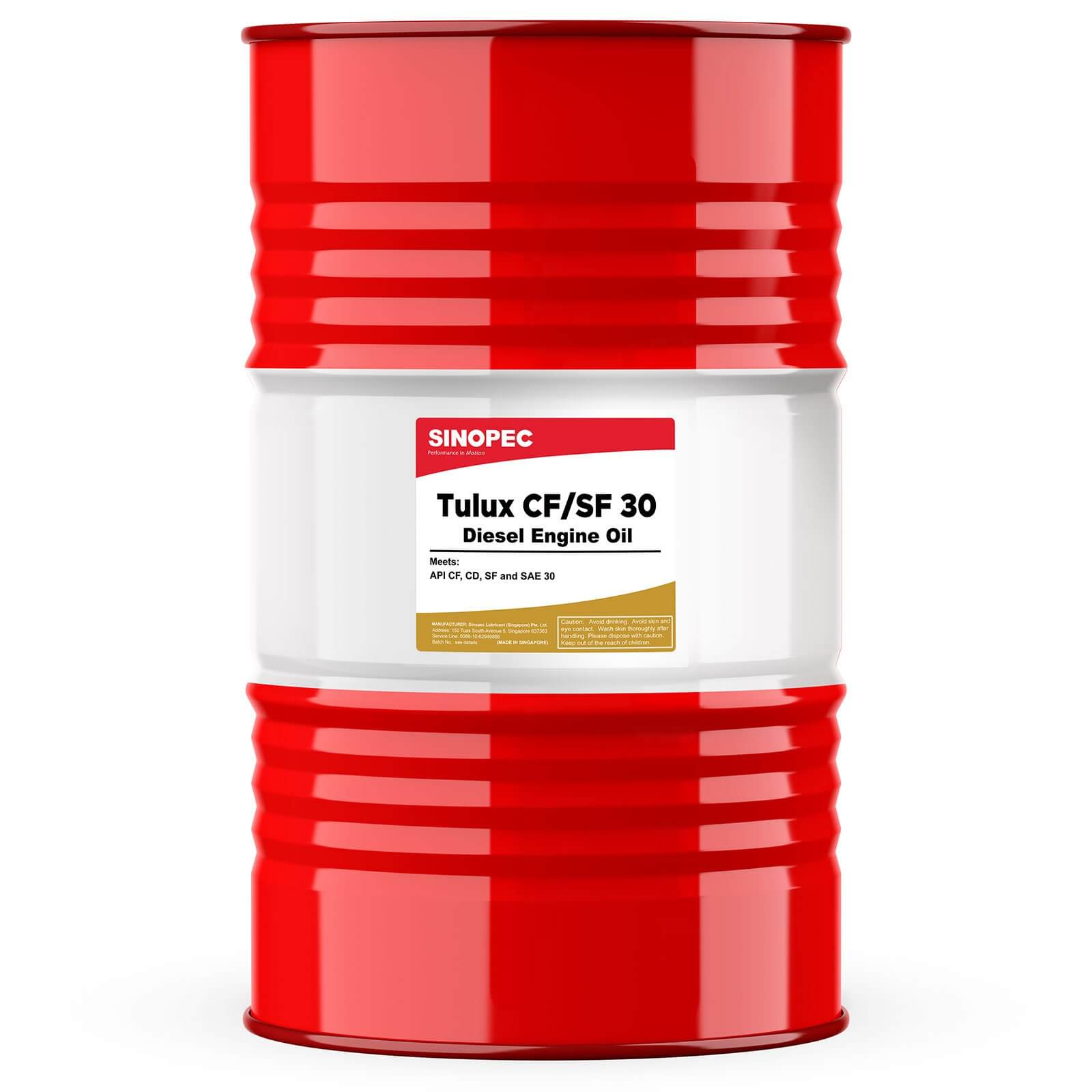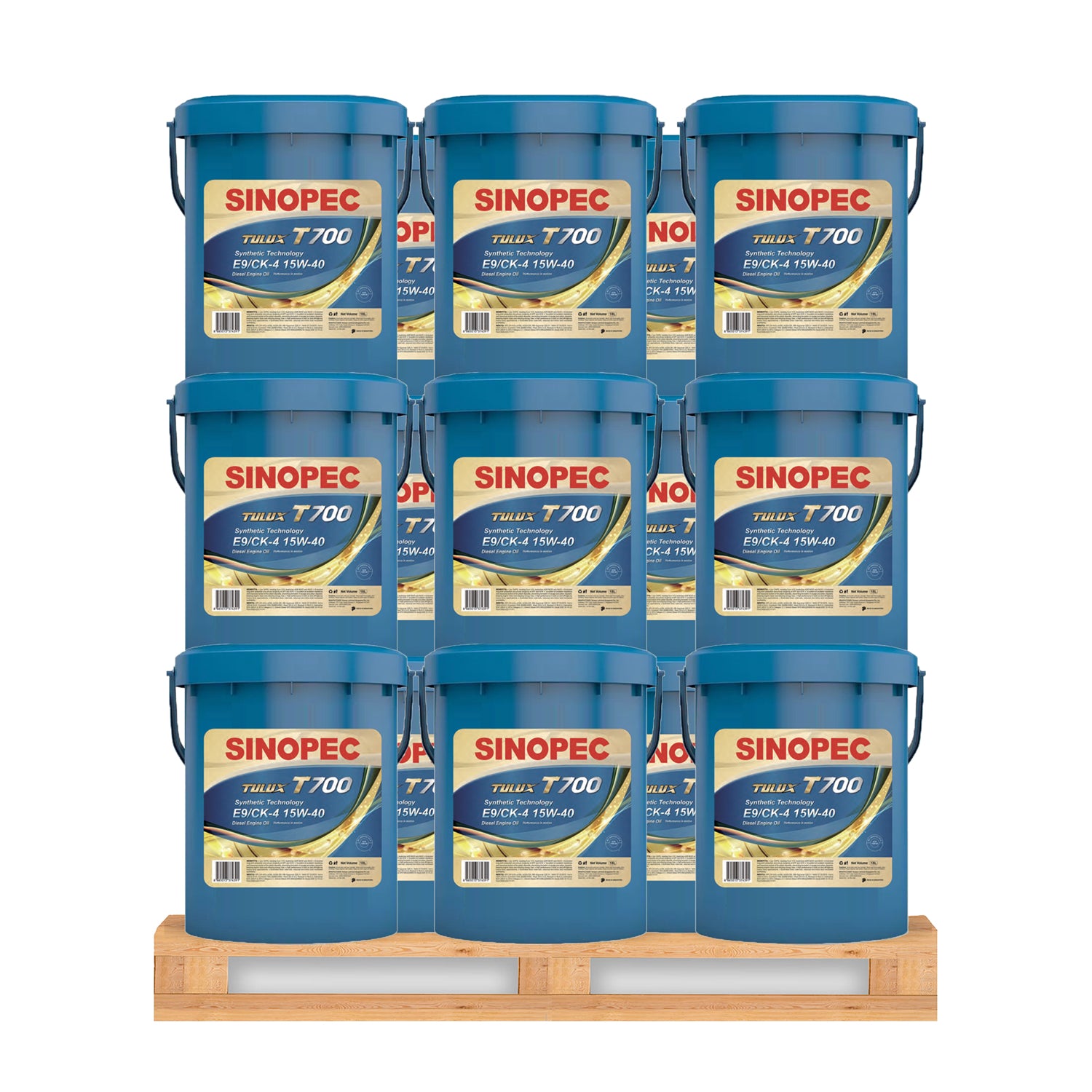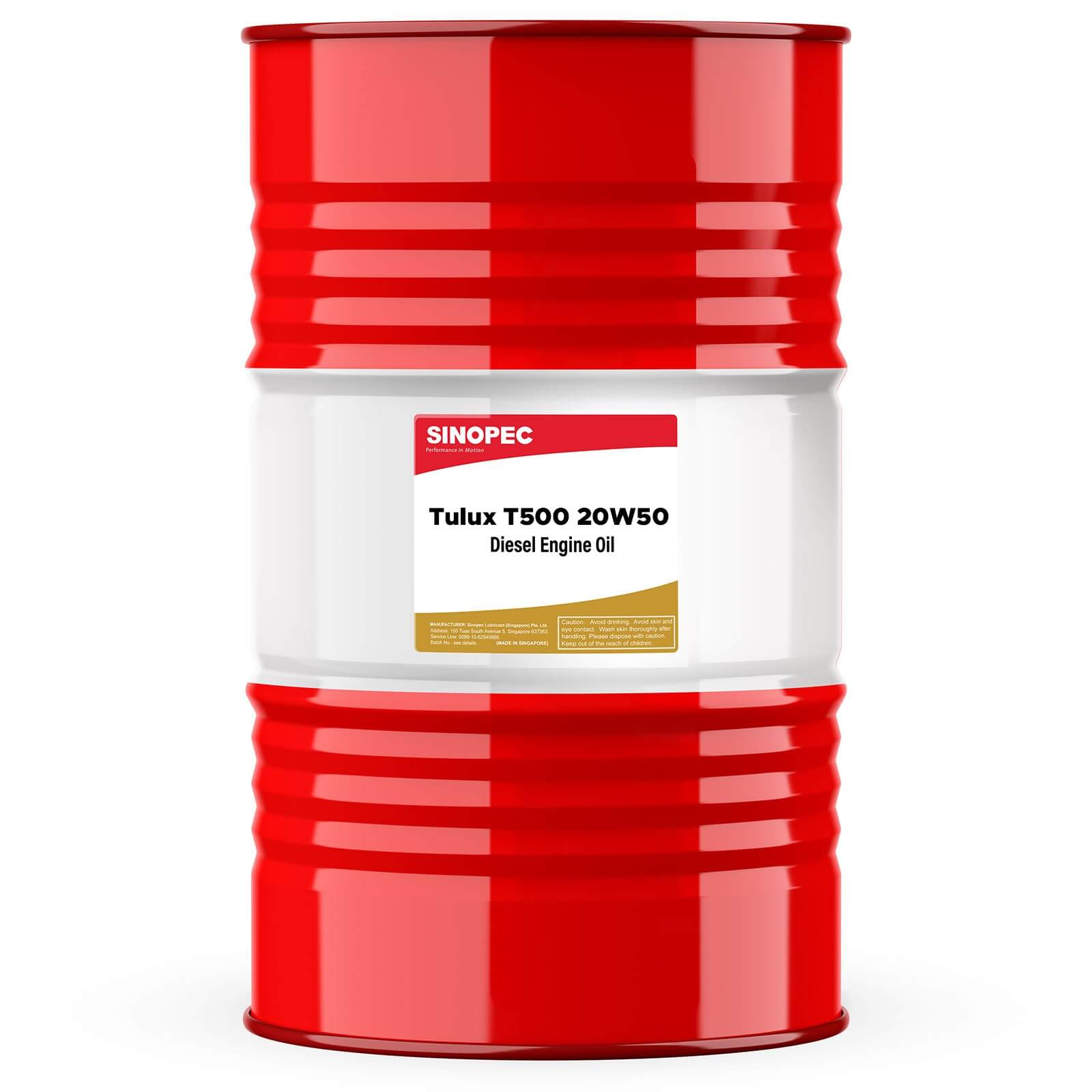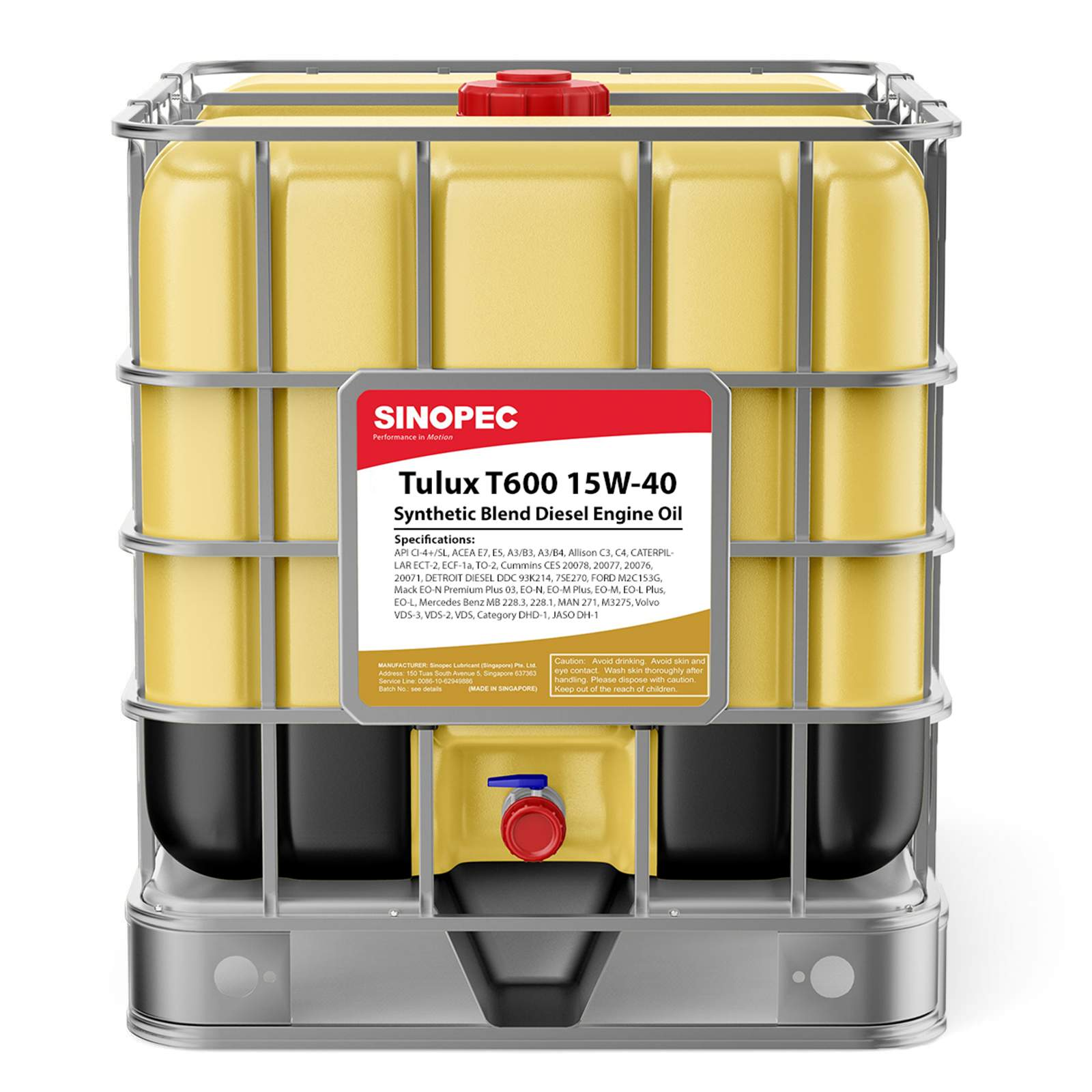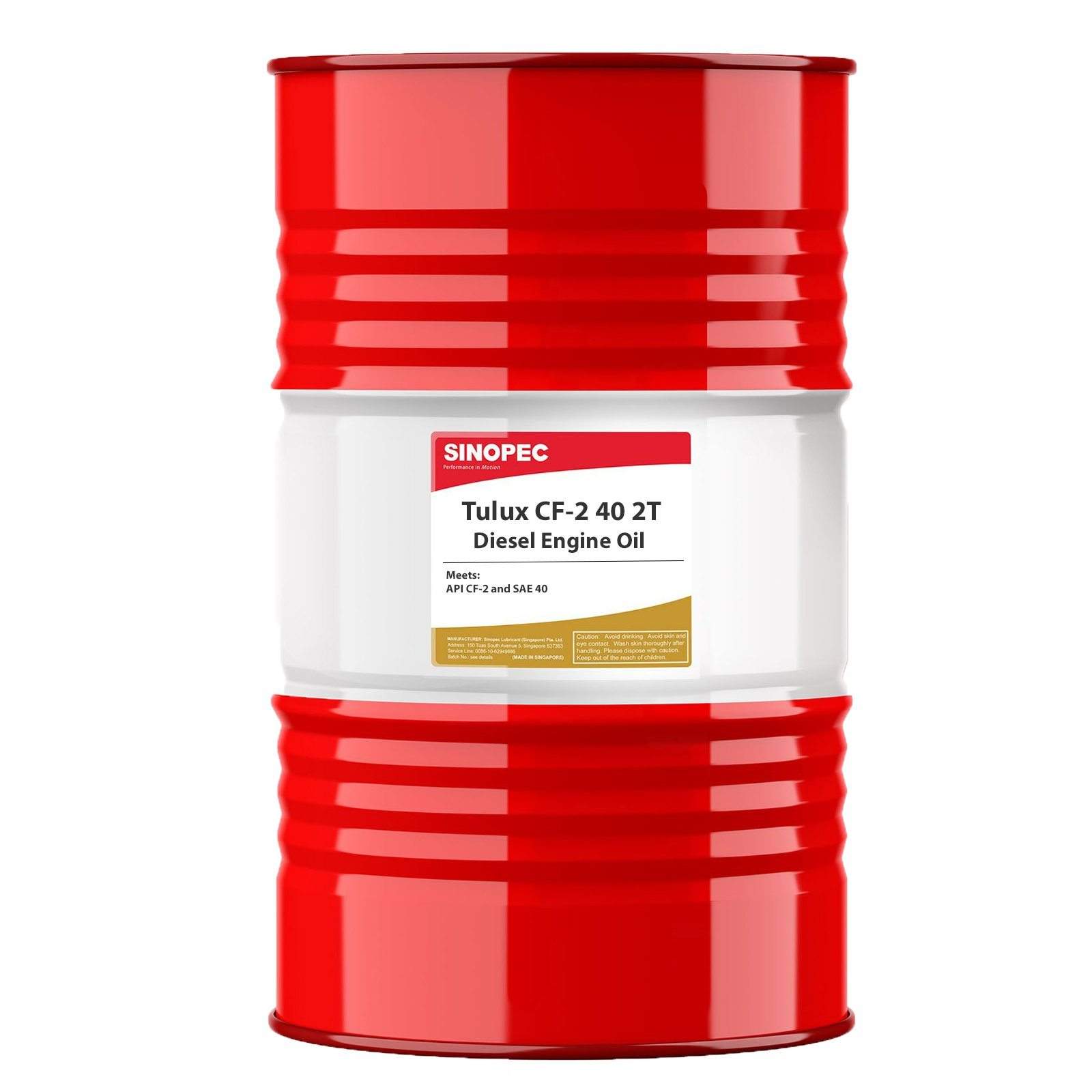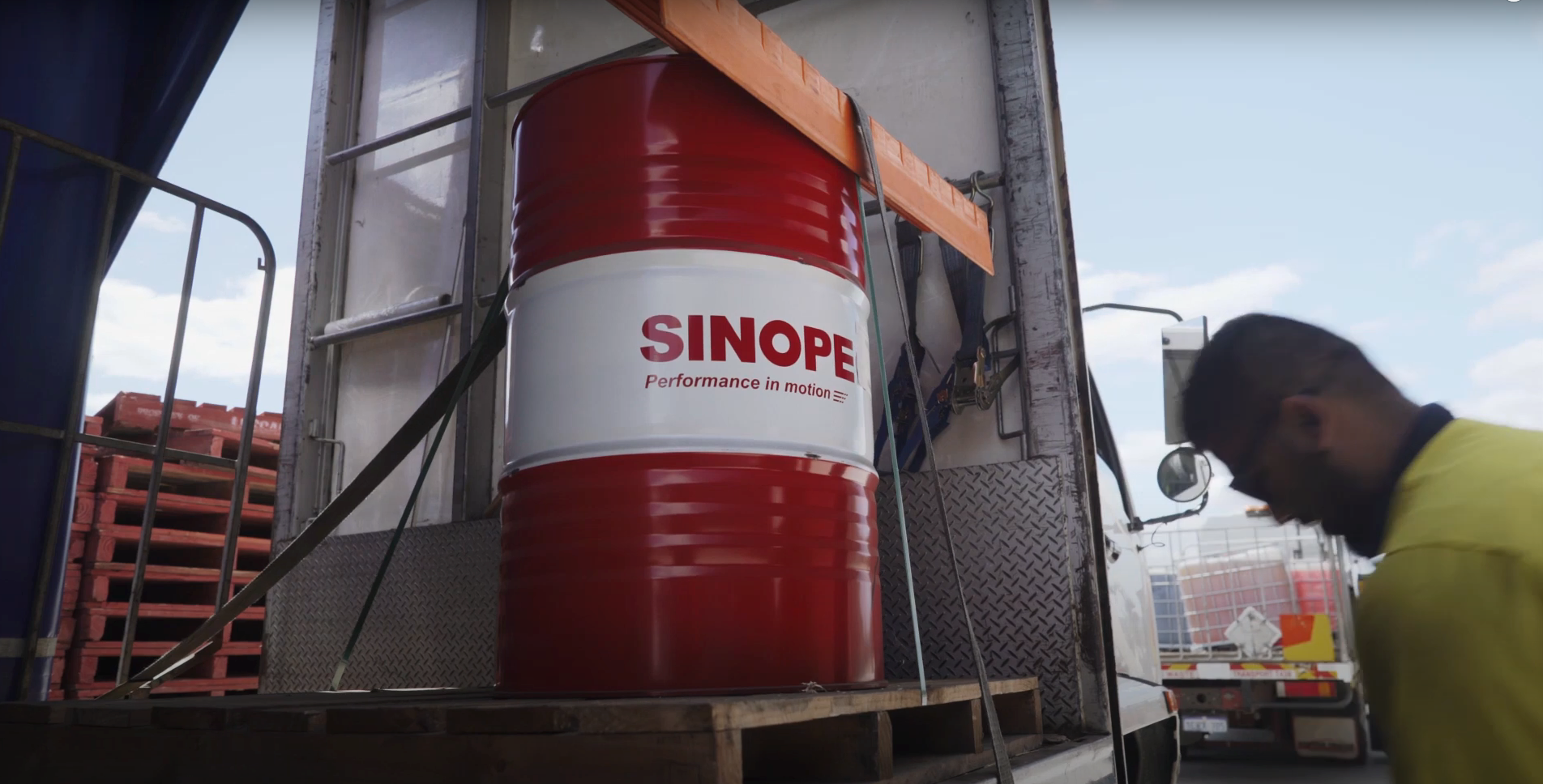PRICE LIST for GREASE in BULK FREE DELIVERY Bulk Grease | Call: 1-855-405-6789 Largest Grease Supplier | Free Shipping on Grease products.
Lube Park Pte Ltd is a joint venture between Sinopec, Total and Shell. It is the first lube park in the world. The three companies will share some resources and facilities, such as docks, tanks and pipelines.
Grease Basics
Grease Anatomy
As this definition indicates, there are three components that form lubricating grease. These components are oil, thickener and additives. The base oil and additive package are the major components in grease formulations, and as such, exert considerable influence on the behavior of the grease. The thickener is often referred to as a sponge that holds the lubricant (base oil plus additives).
Base Oil
Most greases produced today use mineral oil as their fluid components. These mineral oil-based greases typically provide satisfactory performance in most industrial applications. In temperature extremes (low or high), a grease that utilizes a synthetic base oil will provide better stability.
Thickener
The thickener is a material that, in combination with the selected lubricant, will produce the solid to semifluid structure. The primary type of thickener used in current grease is metallic soap. These soaps include lithium, aluminum, clay, polyurea, sodium and calcium. Lately, complex thickener-type greases are gaining popularity. They are being selected because of their high dropping points and excellent load-carrying abilities.
Complex greases are made by combining the conventional metallic soap with a complexing agent. The most widely used complex grease is lithium based. These are made with a combination of conventional lithium soap and a low- molecular-weight organic acid as the complexing agent.
Nonsoap thickeners are also gaining popularity in special applications such as high-temperature environments. Bentonite and silica aerogel are two examples of thickeners that do not melt at high temperatures. There is a misconception, however, that even though the thickener may be able to withstand the high temperatures, the base oil will oxidize quickly at elevated temperatures, thus requiring a frequent relube interval.
Additives
Additives can play several roles in a lubricating grease. These primarily include enhancing the existing desirable properties, suppressing the existing undesirable properties, and imparting new properties. The most common additives are oxidation and rust inhibitors, extreme pressure, antiwear, and friction-reducing agents.

